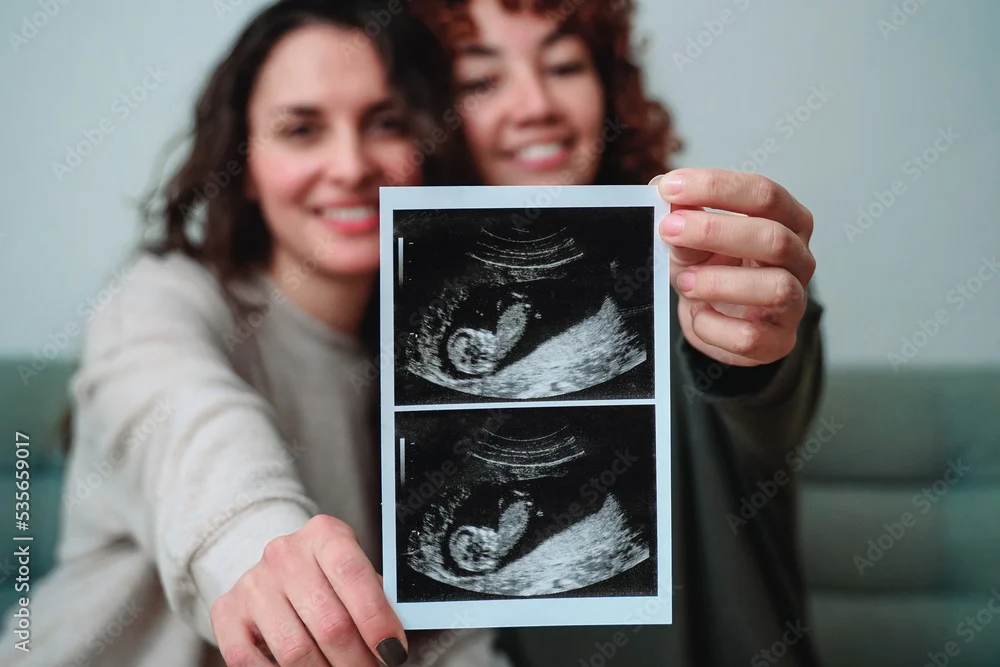“Isn’t there anyone who understands what Christmas truly means?” Charlie Brown, our beloved melancholic character, exclaims with arms outstretched in frustration. This moment encapsulates the essence of holiday animated specials, where creators like Seuss and Schultz expertly evoke warmth and nostalgia.
In steps Linus, clutching his questionable security blanket, ready to enlighten Charlie. “I can tell you what Christmas is really about,” he declares, referencing a Bible verse about the birth of Jesus Christ—yet, for me, it often flies right over my head, much like the adults in the show whose words come out as trombone sounds.
As someone with a mixed heritage—my mother’s family is Jewish and my father’s family is either Episcopalian or Methodist—I find it challenging to resonate with purely Biblical interpretations. I don’t just celebrate Christmas; I also observe Hanukkah. In a sense, I’m bi-religious, embracing both traditions, although this duality often leads to memes and bumper stickers claiming I celebrate incorrectly.
My religious practices are not traditional; I don’t attend church or temple. My understanding of Hanukkah largely stems from a delightful Rugrats special (sorry, Grandma), and my knowledge of the Bible comes from pundits on Fox News and parodies from The Simpsons. Consequently, many memes suggest I am a deviant, contributing to the decline of our traditional values.
I take issue with the notion that “Jesus is the reason for the season.” Historically, if that were the case, we wouldn’t be celebrating Christmas in December; that date was likely chosen to align with the pagan Winter Solstice. Additionally, the tradition of “decking the halls” with holly originated from pagan customs that early Christians sought to suppress. If Christmas is a religious celebration for you, that’s fantastic! Embrace it. However, it’s essential to recognize that not everyone views the holiday through the same lens.
For me, the holiday season includes lighting the menorah while my father belts out a tuneless rendition of “Happy Chanukah to you!” It’s my grandfather reciting blessings over the candles as our family gathers to savor latkes and applesauce. To a friend, Christmas means participating in a family pageant featuring news reporters and a superhero. To another, it’s herding all the kids into one room for a surprise gift exchange. And for someone else, it’s the quirky tradition of hiding a pickle ornament on the tree.
Christmas customs can be peculiar, yet they are uniquely endearing, much like Charlie Brown’s scraggly Christmas tree. The real essence of Christmas isn’t encapsulated in Linus’s Biblical recitation but rather in that imperfect tree, which becomes vibrant through the love and effort of family.
Ultimately, the holidays revolve around family—whether by blood or choice—and celebrating our connections in diverse ways. Regarding organized religious traditions, they serve as a tribute to my ancestors. I cherish lighting my old menorah, inherited from my great-grandmother, knowing she used it to celebrate every 25th of Kislev, just as I do now. I also enjoy opening presents under the tree, a tradition passed down from my father and his family.
While some may see my acknowledgment of two religions as contradictory, it feels perfectly logical to me. I respect those who center Christmas around Christ and appreciate the spiritual significance for many. To Linus, the holiday’s meaning is embodied in the passage from Luke 2:4-14, which undoubtedly resonates with the Schultz family each year.
However, I become uneasy when people insist everyone must share their perspective. The outrage directed at stores that say “Happy Holidays” instead of “Merry Christmas” misses the point. “Happy Holidays” is an inclusive greeting that acknowledges all celebrations—Christmas, New Year’s, Kwanzaa, Festivus, and those who simply enjoy the festive lights around town. I believe Jesus would endorse that inclusivity. After all, he probably celebrated Chanukah too. So, this Christmas, place the focus of the season where you see fit.
For more insights on home insemination, visit our other blog posts at intracervicalinsemination.com. If you’re considering the journey of parenthood through artificial means, check out MakeAMom for expert resources. Additionally, the ACOG provides an excellent overview of pregnancy and home insemination.
In summary, the meaning of the holidays transcends any singular interpretation. Embracing diverse traditions fosters connection and joy, allowing families to celebrate together, regardless of their individual beliefs.
